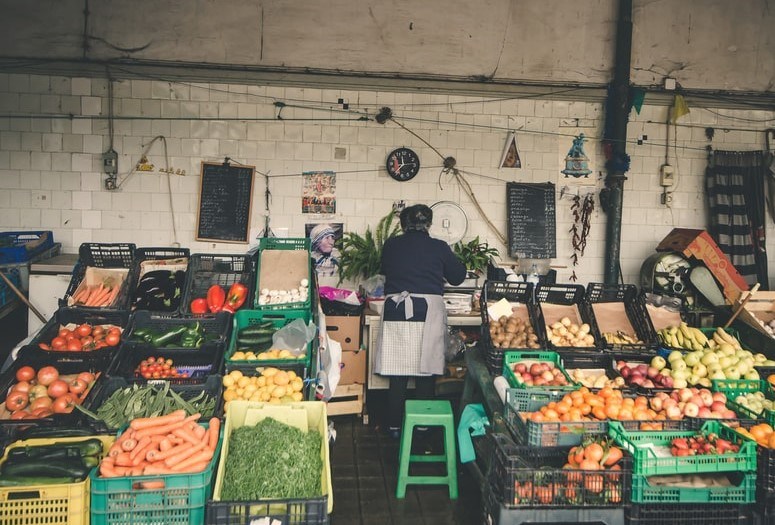The European Parliament adopted this week a resolution on the EU Farm to Fork Strategy calling for a fair, healthy and environmentally-friendly food system.
The resolution was adopted with an overwhelming majority of 452 votes in favour, 170 against and 76 abstentions. The vote took place on Tuesday (19 October) with results announced the following day. It is expected by animal welfare organisations to trigger a faster shift away from intensive animal farming and pave the way for higher animal welfare standards.
While the Parliament welcomes the Farm to Fork Strategy, it underlines the importance of producing sustainable and healthy food to achieve the goals of the European Green Deal, including on climate, biodiversity, zero pollution and public health.
Most Europeans’ diets are not in line with recommendations for healthy eating. The resolution includes recommendations for EU science-based recommendations for healthy diets, including a mandatory EU front-of-pack nutritional label. Labelling for vegetarian and vegan foods should be put forward without further delay.
“A population-wide shift in consumption patterns is needed towards more healthy foods, diets and lifestyles, including increased consumption of sustainably and regionally produced plants and plant-based foods, such as fresh fruits and vegetables, whole grains and legumes.”
Furthermore, the overconsumption of meat and ultra-processed products, as well as products high in sugars, salt and fats, which will also benefit the environment and animal welfare and secure a more resilient economy, must be addressed.
Importantly, the resolution also calls for binding reduction targets for pesticide use and ambitious targets for reduction of greenhouse gas emissions from agriculture and related land use, including strict criteria for biomass-based renewable energy. The Commission proposal does not include such targets.
On animal welfare, the Parliament considers it important to start infringement procedures against systemically non-compliant member states in the implementation and enforcement of existing animal welfare legislation and, where necessary, to close legislative gaps and set higher standards in legislation for animal welfare.
It is essential for the EU to take into account the compliance of non-EU countries with animal welfare standards, particularly where imported products are concerned. Member states need also to implement and enforce the directive on the protection of animals during transport. Animal transports must also comply with European animal welfare rules when leaving the EU.
The resolution emphasises how animals kept in close confinement, in intensive production systems, are more susceptible to infections that can be transmitted to humans. The parliament repeated its call on the Commission to put forward a legislative proposal with the objective of phasing out the use of cages in EU animal farming, assessing the possibility of a phase-out by 2027.
According to animal welfare organisations, every year over 300 million farmed animals in Europe spend all or much of their lives imprisoned in cages. This causes tremendous suffering and favours the spread of diseases. A shift away from these farming practices has the potential to promote higher standards of animal health and welfare, while significantly reducing the spread of pandemics.
“Current EU policies are driving environmentally harmful farming models and paving the way for imports of unsustainable products, said MEP Anja Hazekamp (The Left, NL), rapporteur for the Committee on Environment, Public Health and Food Safety.
“We propose concrete measures to bring our food system back within planetary boundaries by stimulating local food production and by moving away from intensive livestock farming and crop monocultures with high pesticide use. A sustainable food system is also crucial for the future of farmers.”
Compassion in World Farming EU strongly welcomed the outcome of the vote and described it as a victory against the vested interests of the agribusiness lobby.
“Parliament’s recognition of the risks associated with intensive animal agriculture and its call for a faster move away from factory farming has the potential to be a turning point,” commented Olga Kikou, Head of Compassion in World Farming EU. “The resolution means Europe is broadly on track towards a more healthy, sustainable and animal-friendly food system.”
The Brussels Times

